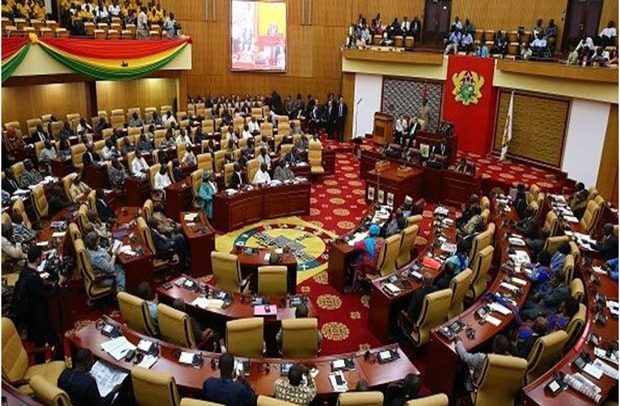Parliament has approved the COVID-19 Health Recovery Levy (Repeal) Bill, 2025, effectively scrapping the 1 percent levy imposed during the height of the pandemic to support the country’s health response and economic recovery efforts.
The bill repeals the COVID-19 Health Recovery Act, 2021 (Act 1068), but preserves all rights, obligations, or liabilities that existed before the repeal until they are fully exercised or discharged.
This provision ensures that any pending tax obligations or entitlements under the old law will continue to be valid until resolved.
The decision follows the adoption of the Finance Committee’s report, which recommended the repeal as part of broader tax reforms aimed at easing the cost of doing business and supporting growth.
Levy Considered Outdated
According to the Committee’s report, the COVID-19 Health Recovery Levy was introduced in 2021 under Act 1068 as a temporary fiscal measure to raise additional revenue amid the pandemic.
The levy applied to the supply of goods and services within Ghana, excluding exempt categories, as well as the importation of non-exempt goods and services.
It was not eligible for input tax deduction, a feature that, over time, increased the tax burden on both businesses and households.
The Committee noted that the levy had served its initial purpose but no longer aligned with the current economic direction.
In presenting the 2025 Budget, the government announced plans to streamline the indirect tax regime, improve VAT compliance, and lower the overall cost of doing business. Repealing Act 1068, the Committee said, was central to these efforts.
Finance Minister Justifies Repeal
The Deputy Minister for Finance, Thomas Nyarko Ampem, described the levy as a temporary instrument that had “outlived its original purpose.”
He explained that its abolition formed part of a broader Value Added Tax (VAT) reform agenda aimed at creating a more transparent and growth-friendly consumption tax system.
He urged the House to support the repeal, arguing that removing the levy would enhance business competitiveness and contribute to the private sector-led recovery.
Revenue Loss Expected
The Finance Committee acknowledged that eliminating the levy would result in an estimated revenue loss of GH¢3.0 billion.
However, the Minister assured the Committee that the ongoing tax reforms, combined with increased economic activity expected from a lower cost of doing business, would compensate for the shortfall through improved revenue mobilisation.
Committee members expressed optimism that a more efficient and equitable tax structure would ultimately expand the tax base and generate higher long-term revenue.
By Ernest Kofi Adu, Parliament House


